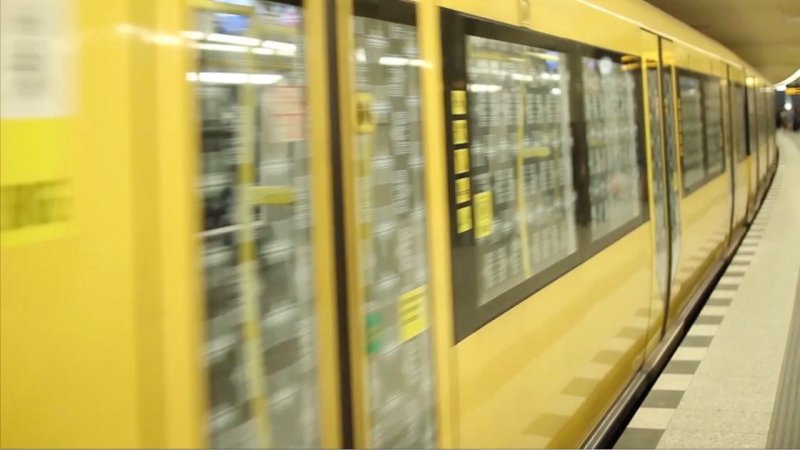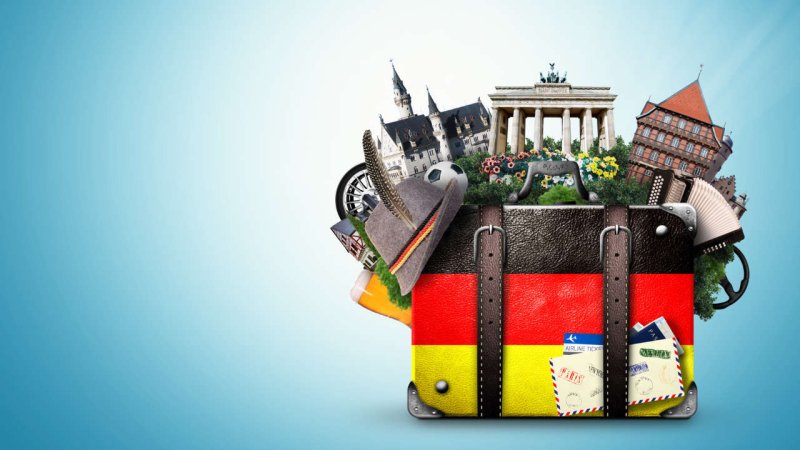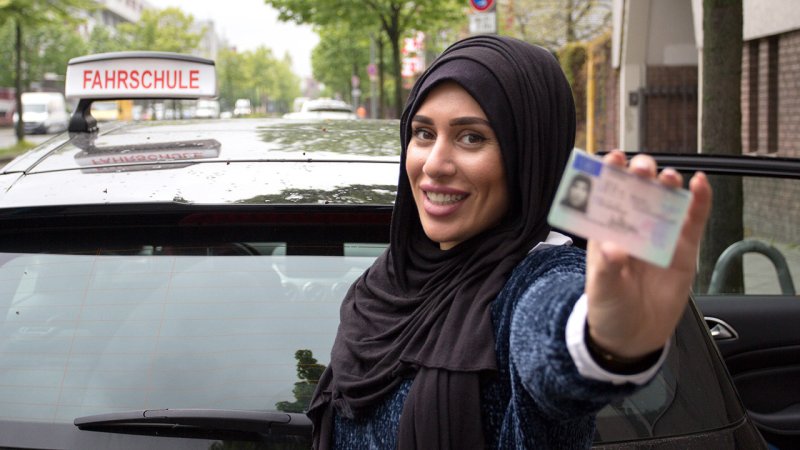Cycling is healthy, good for the environment and -of course- lots of fun. In most German streets, there are specific pathways where you can safely ride your bike. Cycling is also a favourite, convenient means of transport in the German countrysides.
Buying a new bike from the shop can be quite pricey. But you can find affordable second-hand bikes at the flea markets or second-hand shops. You can also try your luck online on websites like ebay kleinanzeigen or in various donation/exchange/sales groups on Facebook. In some cities, there are also small organisations which provide second-hand bicycles for refugees. Check out our Local Search pages to learn if there is such an organisation in your city.
Before hitting the road, you should always check the brakes, pedals, bell as well as the front and rear lights. In case any of them is broken, you can have it fixed in a bike repair shop. In some cities, there are also so-called self-help workshops ("Selbsthilfewerkstätten"), where you can repair your bike yourself with some help from a professional. In this case, you only have to pay the costs for the material.
- Your bike has to have the following components: front/rear and spoke reflectors, front and rear lights, a brake lever and a bell. For more information, go to "The roadworthy Bike".
- For your safety, you should also wear a bicycle helmet. Wearing a helmet is not mandatory, though. You are not breaking the law if you or your child are not wearing a helmet.
- If you ride your bike while drunk (1.6 blood alcohol level or higher) or in case you have less alcohol in your blood but are nevertheless unable to ride, you will have to pay a fine (at the very least). You may also lose your car driving licence and face criminal charges.
- Use bike lanes and always drive on the right side of the road. Only children under 10 years are allowed to drive on the pavement.
- Of course, you can also have small children on your bike, but only if the child is securely sitting on a special child seat or a trailer.
- When cycling together with friends, you always have to ride behind each other, not next to each other.
- Do not make phone calls while driving, always get off the bike first.
- It is not allowed to have bikes towed by vehicles.
- Use your bike lights as soon as it starts to get dark.
For more information on safety in English, read the brochure "Travelling safely by Bike" or visit www.germanroadsafety.de.
Children who attend primary school participate in what is known as a “Fahrradführerschein” course in the 4th grade. In this course, they learn about the traffic rules. However, your child will not learn how to ride a bicycle in this course.
If you or your child want to learn to ride a bike, you can find your local cycling school on adfc (Allgemeiner Deutscher Fahrrad-Club). In some cities, there are also initiatives that teach refugees how to bike for free. Visit our Local Search pages to check if such an opportunity exists in your city.
In principle, you can transport your bike using specifically designated compartments on the trains or U-Bahn/S-Bahn, but you usually have to buy a special ticket for your bike.
However, you are not allowed to take your bike on city buses with you. If you are travelling on a long-distance bus and need to take your bike with you, you need to hand it in to be stored in the luggage section along with other pieces of luggage. But you need to register your bike before. Ask the bus line you are using whether you have to pay extra for transportation of your bike or not. You can find out more about long-distance buses in our chapter "Travelling within Germany".
When you are on the road with a bike, the bike must be road-safe. That means it has to have reflectors, lights, brakes and a bell. If you are stopped by the police while riding an unsafe bike, you will have to pay a fine. At www.bussgeld-info.de, you can find out how high the fine is.
On the website of the "German Public Bike Club" you will find useful information about cycling in Germany.
This App provides you with all you need to know about the German traffic regulations.


